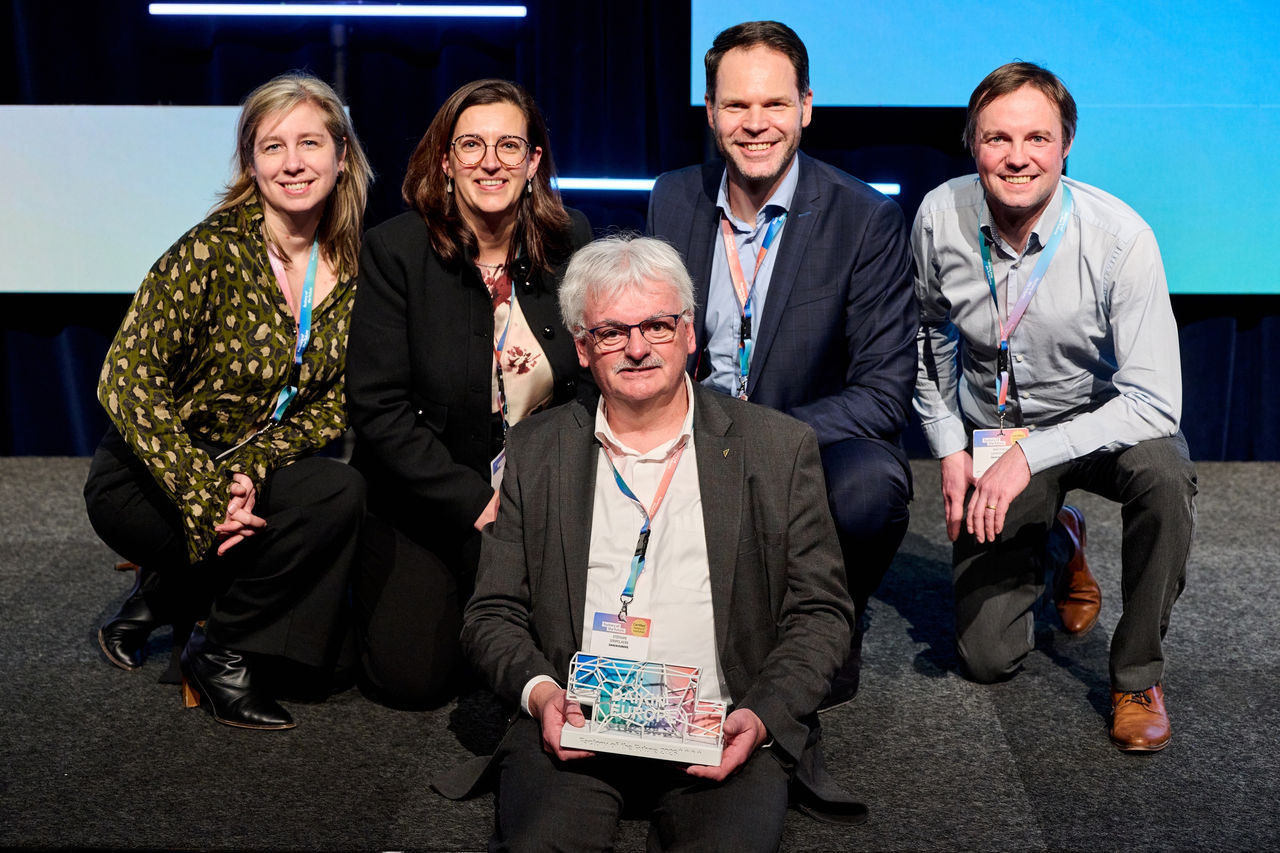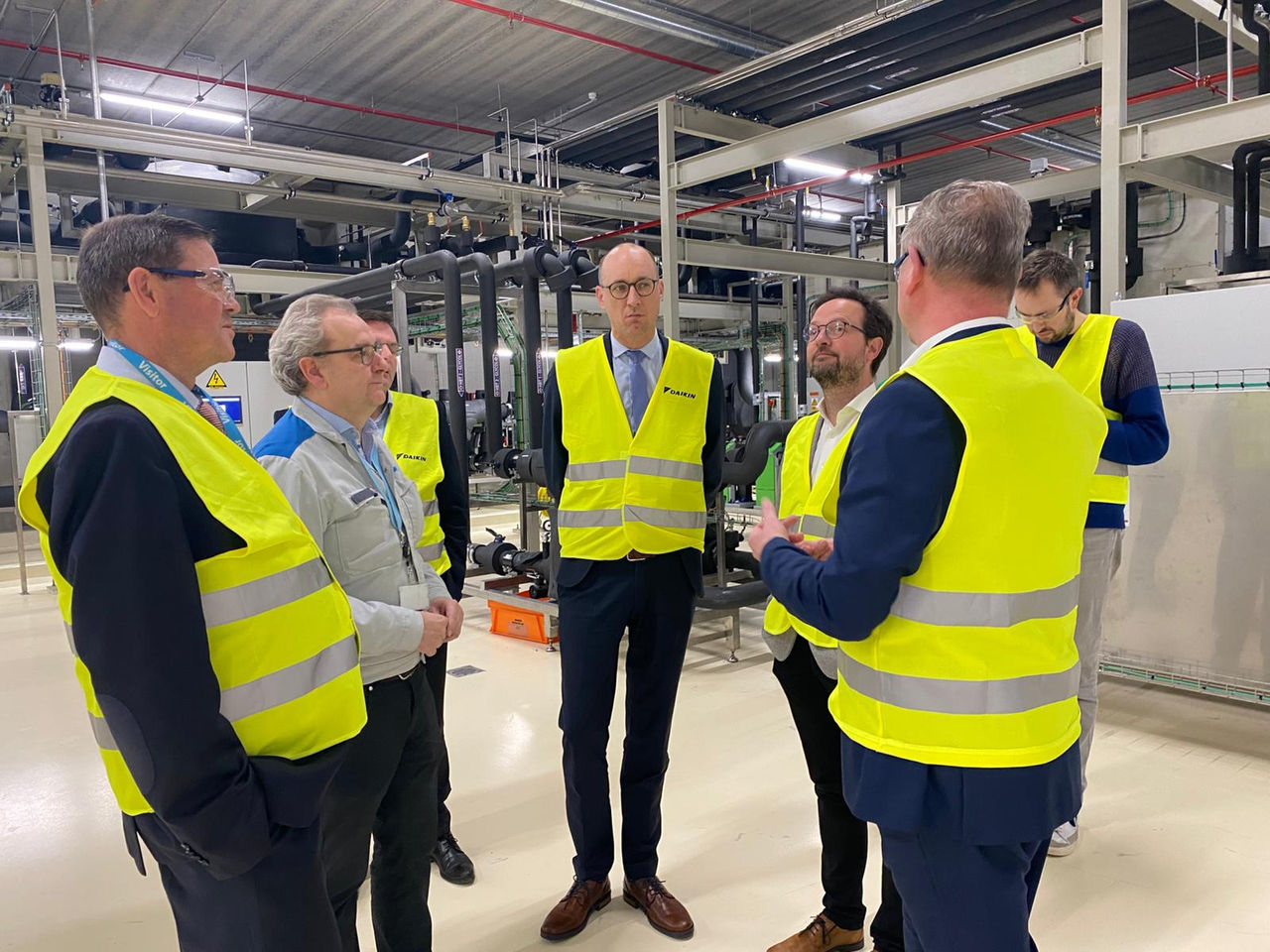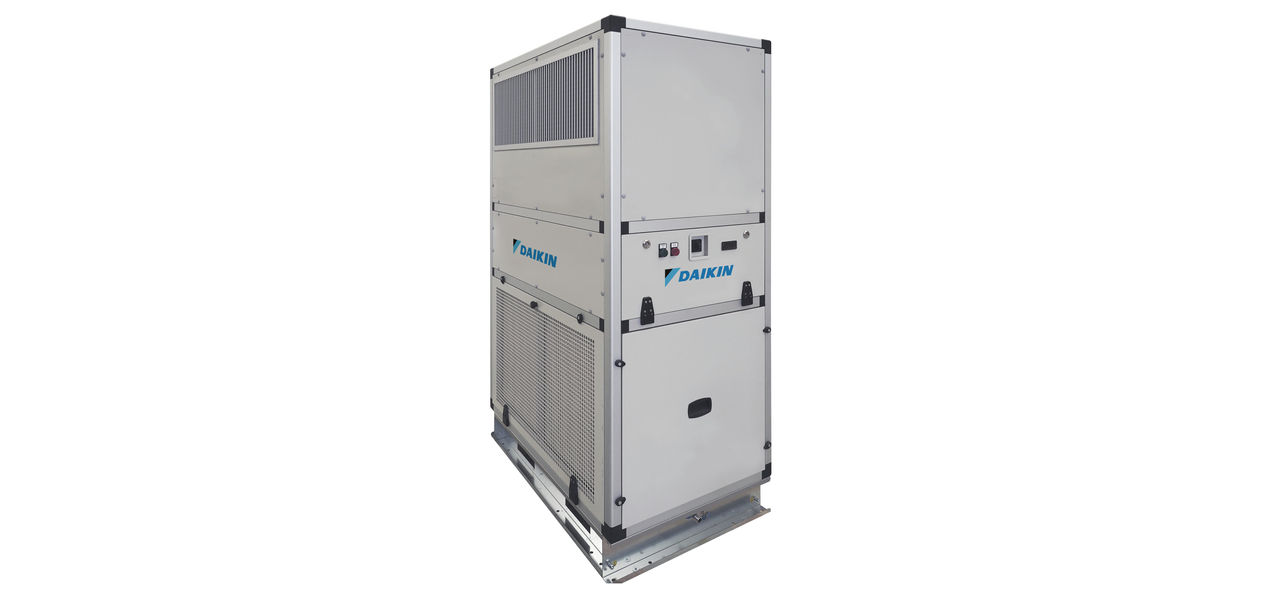
Indoor Air Quality (IAQ) as an expression refers to the quality of air in indoor environments, which is important for occupants in any building, as it has an impact on their health and their performance in their everyday life activities.
Indoor environments contribute significantly to exposure to air pollutants. People spend almost 90% of their time indoors, where air quality can be affected by penetrating outdoor air, specific indoor pollution sources and the lack of air exchange.
Some pollutants may even be more concentrated indoors than outdoors. That means that indoor air quality, whether it is at home, office, or hotel rooms, it can be 2 to 5 times worse than outdoor air.
That is why providing indoor environments with air exchange is vital.
The COVID-19 emergency has shone a light on the importance of keeping air quality levels high through air exchange, often used to bring contaminant concentration down or even close to zero.
Air exchange can be provided in different ways, such as simply keeping windows open, but it goes without saying that such an option is not always possible or sensible, both from an energy efficiency and a thermal dispersion perspective.
Mechanical ventilation
A more viable option for ventilation of the premises is mechanical ventilation. Mechanical systems can introduce properly filtered air from the external environment and simultaneously extract the internal air, expelling it outside. This allows proper ventilation and air exchange in indoor environments, diluting or even removing the possible presence of bacteria, viruses, CO2, and other contaminants.
While doing that, mechanical ventilation systems can also ensure energy savings, thanks to heat recovery features. These features transfer heat and moisture from the extracted airflow into the newly introduced airflow.
These systems, besides being extremely effective in replacing exhaust air and ensuring high indoor air quality levels, also guarantee perfect thermal control, minimizing or avoiding thermal dissipation and making the whole building more efficient when it comes to energy consumption.
Finally, other aspects that can be addressed with mechanical ventilation and can make indoor environments healthier are:
- air processing, which can help filtering out pollen, dust and odours that are harmful to our health;
- and humidification, which provides the desired moisture level in the conditioned space.
Things to consider when designing a HVAC system
When designing HVAC systems, whether for residential buildings, schools, offices, commercial buildings or light commercial buildings, meeting the cooling and heating demand of the buildings in the most energy efficient way possible is very important. Nevertheless, there are equally important aspects that should not be overlooked such as ventilation, air filtration and indoor air quality.
Ventilation systems are essential to ensure a comfortable and healthy environment in buildings of all sizes and types. To do that, though, they need to be properly sized so that the right airflow and adequate air exchange rate can be ensured.
In fact, there is a close correlation between the ventilation rate and how clean indoor air is. The higher the ventilation rate per hour in a room, the lower the pollutants concentration will become.
Finally, another relevant aspect is related to the level of filtration the ventilation system can apply to the outdoor airflow before it is introduced into an environment. Since we do not want to introduce outdoor contaminants in an indoor environment during the air exchange process, it is important that a ventilation system can adequately filter outdoor air. Having filters of the highest standards is key.
Cleaning and maintenance activities
Lastly, to get the most out of a ventilation system, properly scheduled maintenance is a must. Regular cleaning and maintenance checks ensure all systems continue to work smoothly and remain reliable.



